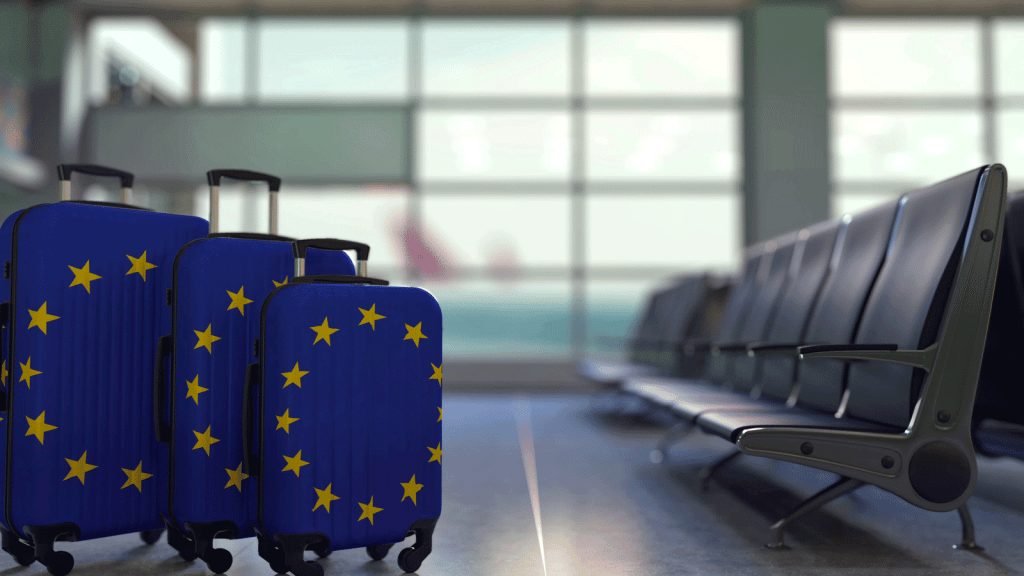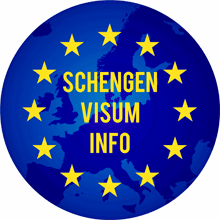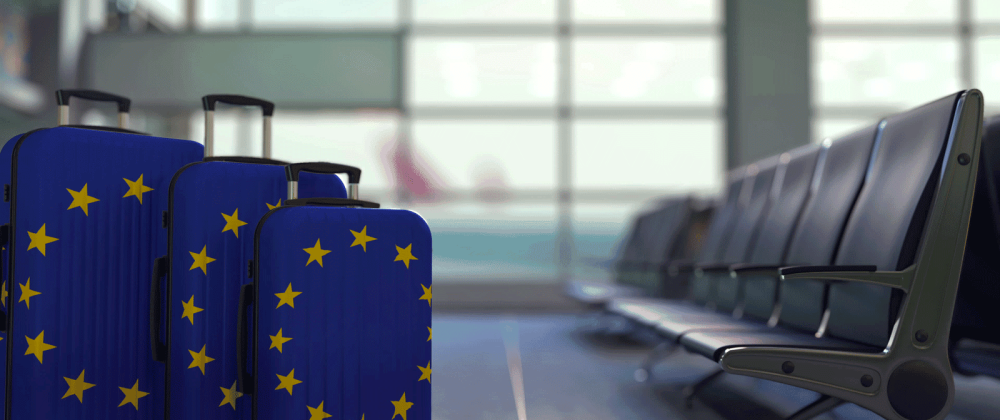The right to free movement for the family of an EU/EEA or CH citizen
EU/EEA citizens are all nationals of an EU (European Union) or EEA (European Economic Area) country. For family members of EU/EEA nationals and citizens of Switzerland who use (or have used) their right to free movement, there are special arrangements for visiting Schengen states.
Free movement exists if the EU/EEA national moves to or resides in a Member State other than that of which he is a national, or has done so in the past. A Dutch person residing in the Netherlands therefore does not use free movement! However, if the same Dutch person has previously lived and/or worked in an EU/EEA country other than the Netherlands, free movement does apply. This stems from the European rules regarding the free movement of EU citizens and their non-EU family members: Directive 2004/38/EC.
An example of such an application is, for example, a Dutch person who is married to a Filipino and who wants to go on holiday together to Spain.
The demands
Irrespective of the place of residence of the non-EU family member (formally known as a third-country national family member) and the time of commencement of the relationship with the EU/EEA national, the third-country family member is eligible for the accelerated and free visa procedure if he can provide objective proof demonstrate that:
- he/she is related to an EU/EEA national;
- the EU/EEA national moves to or resides in a Member State other than that of which he is a national;
- he accompanies or is going to join the EU/EEA national.
If all three of the above points can be demonstrated to the embassy, a visa may not be refused and entry at all EU/EEA borders (with or without a visa) may not be refused.
The accelerated procedure means that the questions on the Schengen visa application form marked with an asterisk (*) do not need to be answered. Visa issuance must take place as soon as possible. No fees may be collected for the application.
If the applicant travels together with an EU/EEA (European Union, European Economic Area) family member to a Member State other than the country of which this EU/EEA citizen himself has the nationality, then one falls under the treaty of the right to free movement of persons. . This Directive 2004/38/EC (Directive 2004/38/EC) states that immediate family members in the ascending or descending line are entitled to a visa free of charge, accelerated (maximum 15 calendar days) and with a minimum number of conditions. This is different from a regular application, where the visa is a favor.
Evidence required
Pursuant to Article 5 of Directive 2004/38/EC, the applicant shall only:
- own identity;
- the identity of the EU/EEA national;
- the family relationship with the EU/EEA national;
and the fact that the EU/EEA national is making use of his right to free movement, to demonstrate and make it plausible that the applicant is traveling together with the EU/EEA national. Or join the EU/EEA national to qualify for an accelerated and free visa.
Demonstration of the travel plan can be done, for example, by a written statement from the EU citizen, reservations for transport or in any other way. Applicants do not have to demonstrate that they have sufficient resources, medical travel insurance is also not a requirement and the timely return of the third-country national does not have to be made plausible either.
Who is considered a family of an EU national?
The following categories of family members may be eligible for visa facilitation:
- the husband/wife;
- the partner with whom the citizen of the European Union has concluded a registered partnership in accordance with the legislation of a Member State;
- the direct relatives in the descending line, as well as those of the spouse or registered partner, under the age of 21 or who are dependent on them;
- the direct relatives in the ascending line, as well as those of the spouse or registered partner, who are dependent on them;
- partners - other than marriage or registered partners - with whom the citizen of the Union has a long-term, proven relationship, and the direct blood relative (of the partner) in the descending line who is younger than 18 years. A lasting relationship means, for example, a demonstrable joint household of at least 6 months or a joint child.
Solvit
If you have any problems or misunderstandings with the embassy about this type of application, please contact Solvit, that organization under the EU flag, helps mediate and monitors the fulfillment of citizens' EU rights.

Related articles:





